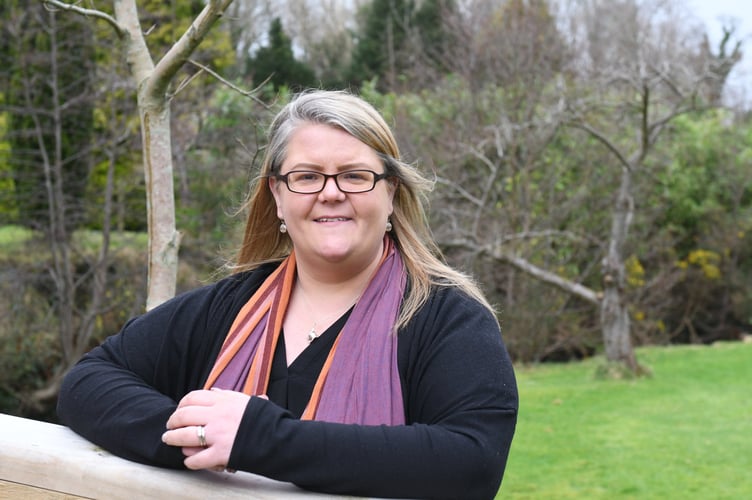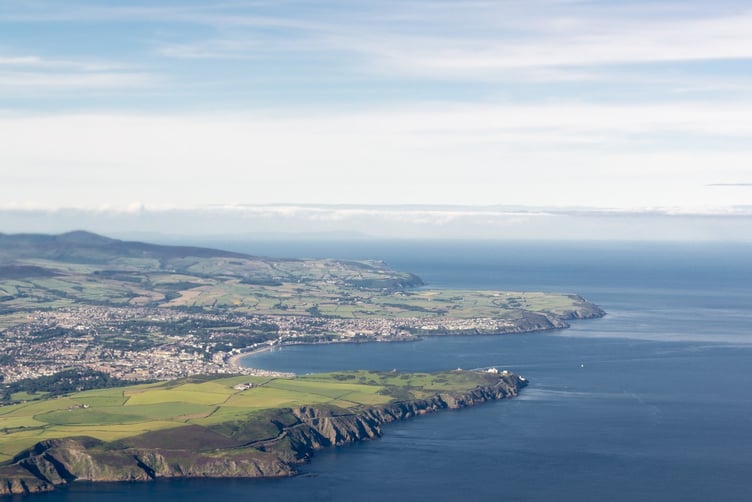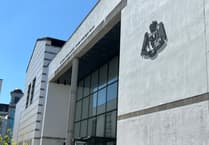More than £8.5m has been spent in the last three years on schemes and projects to tackle climate change on the island.
Chair of the Climate Change Transformation Board Clare Barber revealed the amount spent as part of the Climate Change Fund established in 2022 to help meeting net zero emissions target for 2050.
Mrs Barber, who is also Environment, Food and Agriculture (DEFA) Minister has responded to a written Tynwald question from Rushen MHK Juan Watterson about how much has been spent in the last three years on Net Zero initiatives and what impact the policies had on greenhouse gas output.
Mrs Barber said: ‘The Fund is available to designated bodies through the Climate Change Board and bids are invited where emissions reductions are clearly defined and the deliverables underpin the delivery of Council of Ministers Climate Change Plan by reducing greenhouse gas emissions.
‘The team also have a small revenue budget managed through DEFA’s departmental finances.’

But Mrs Barber explained that the fund has changed tack and is now supporting schemes which provide a social impact rather than simply cutting down on emissions.
She explained: ‘Over the last 12 months, there has been a move away from a focus solely on emissions reductions to funding projects with the widest range of co-benefits.
‘Many actions which reduce emissions also help to reduce costs or carry wider social benefits such as improving health and wellbeing. For example, 80% spend from the climate change fund to date has been in people’s homes helping to reduce both emissions and energy bills.’
The single largest spend has been on the Green Living Grant Scheme which provides subsidies for investment in domestic energy with £5,685,434 spent. But the investment is expected to ensure a £9.6m boost to the economy while also providing energy bill savings and helping keep homes warm in winter.
Around £1.7m has also been spent on the Energy Efficiency Scheme to assist with the cost-of-living crisis by helping low-income households with energy efficiency improvements to reduce bills.
Half a million pounds has also been spent on the Blue Carbon initiative to boost marine ecosystems and biodiversity.
Money has also been spent on tree planting schemes, peatland restoration, land management and biomass studies.
Mrs Barber explained proposals to reduce emissions remain in the early stages which means many of the schemes are preliminary.
She said: ‘It is important to note that the island is still in the early stages of its transition away from fossil fuels and therefore many of the initiatives have an indirect benefit on emissions reduction as they involve preliminary research and feasibility assessments.
‘That is to say they are an enabling action which leads to an emissions benefit later rather than a direct action which reduces emissions straight away.’

.jpeg?width=209&height=140&crop=209:145,smart&quality=75)
.jpeg?width=209&height=140&crop=209:145,smart&quality=75)
.jpeg?width=209&height=140&crop=209:145,smart&quality=75)
